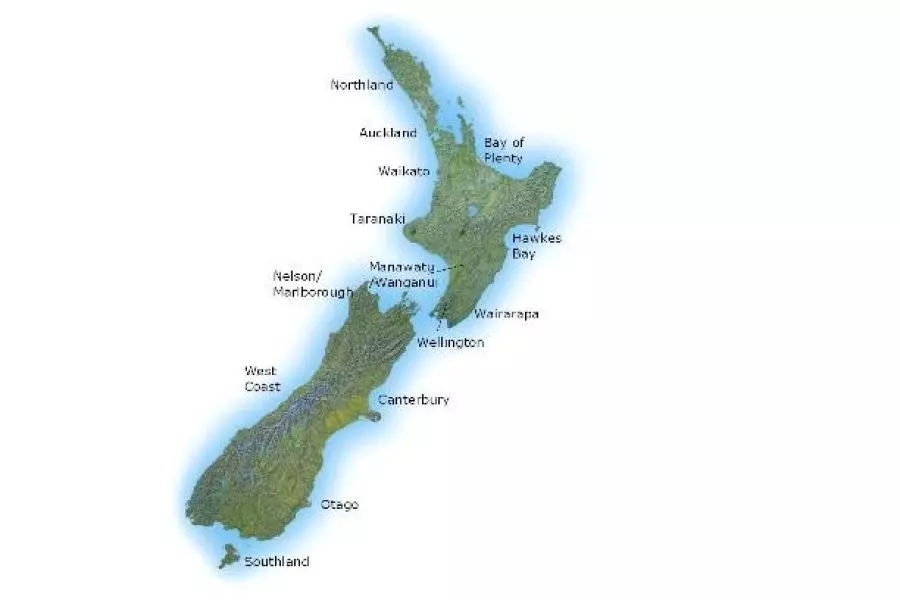
News
Warmer weather heats up housing market

Wednesday 8th of November 2017
It's been lean pickings for buyers over the last five months, with little housing stock available nationwide, but October saw the market perk up with 30% more listings on the site than in September.
Trade Me Property head Nigel Jeffries says that this time of year is usually buoyant, but it's taken longer than usual for the market to kick into action.
&...
Want to read the full article?
Click the button below to subscribe and will have unlimited access to full article and all other articles on the site.
Latest News
Latest Comments





![[The Wrap] Bye Bye Bayly](https://goodreturns.publit.io/file/c_fill,w_900,h_600/39f23ac1-f7c7-4854-b700-a150004ebbac.webp)


